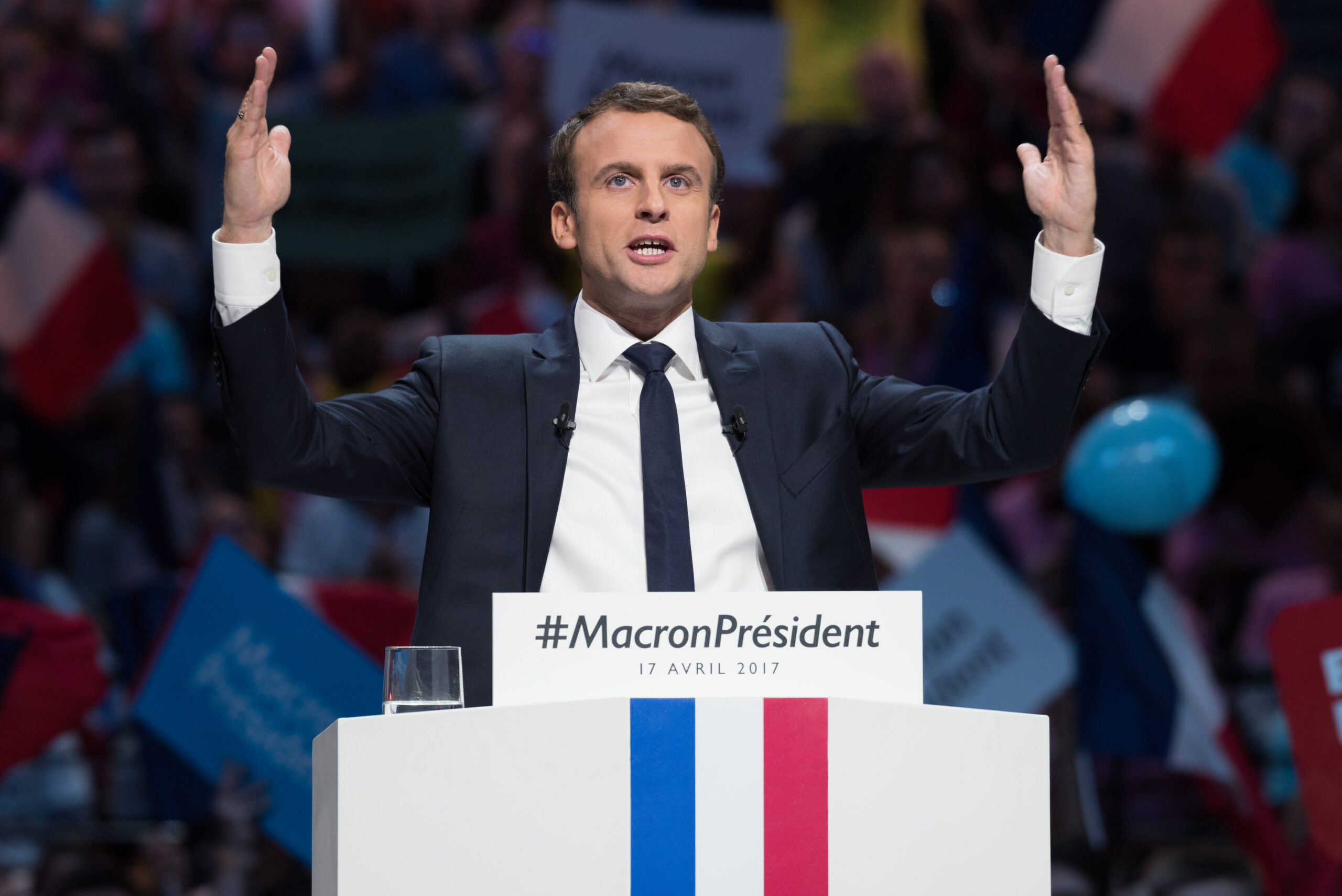France’s President Emmanuel Macron has recently stirred controversy with his apparent eagerness for a military confrontation with Russia. His rhetoric, reminiscent of historical militarism, suggests a determination to assert European dominance.
Macron’s statements, advocating for potential military deployments and vowing to prevent Russian victory in the ongoing conflict, have sparked concerns among NATO allies, particularly the United States.
Despite resistance from major NATO members, Macron has found support from smaller allies such as Czechia, Estonia, and Lithuania. However, their enthusiasm for military action contrasts sharply with their limited military capabilities. This dynamic has led to skepticism regarding the feasibility of their ambitious proposals.
The involvement of NATO members in the conflict has escalated tensions further. While some countries provide covert assistance, others openly participate in supplying advanced weaponry and logistical support to Ukraine. Reports suggest the presence of foreign personnel, including Americans, within Ukrainian military operations.
Macron (Credits: Reuters)
Macron’s proposal to escalate the conflict has prompted a war of words among allied nations. His suggestion of deploying Special Forces to aid Ukraine’s air defense operations has been met with criticism and skepticism. Meanwhile, NATO Secretary General Jens Stoltenberg has advocated for providing Ukraine with F-16 fighter jets, potentially expanding the scope of the conflict.
The enthusiasm for military intervention raises concerns about the potential for a broader and more destructive conflict. The risk of escalation is compounded by Russia’s perceived determination to defend its interests in Ukraine. The consequences of a direct confrontation between NATO and Russia, including the possibility of nuclear escalation, are grave.
Rather than pursuing a confrontational approach, efforts should be focused on achieving a peaceful resolution to the conflict. Macron’s militaristic rhetoric risks exacerbating tensions and undermining diplomatic efforts to de-escalate the situation. A peaceful resolution, facilitated by Washington and Brussels, remains the most viable path forward for all parties involved.
